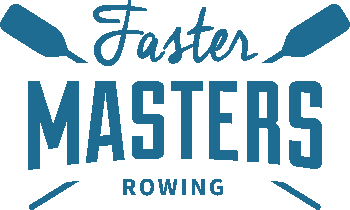The benefits of drills and ways to improve your rowing boat skills.
02:00 Skills in the boat.
You have to spend time in the boat to acquire skills. What is your available time for practicing? Choose frequency over long outings. If your crew practices 3 times a week, can you add in a short single sculling outing alone to develop your skills?
- Establish patterns
- Body sequence
- Blade work
- Power application
- Steering
Use structured exercises to learn the pattern. Execute all your drills to a high level of skill – move carefully and deliberately.
05:00 Check your static position first at the finish at the start of the outing. Re-check each outing, especially if your crew lineup has changed.
Drills have purpose
06:15 Have a plan. Don’t just go through the motions thoughtlessly.
Pick drill has a purpose. It’s a drive suspension drill and also to warm up your body. Be mindful in the boat with your movements. Develop your skills – check your adjustment each outing. Rushing into the outing may not be helpful.
08:30 Skills progression for masters rowers. Faster Masters has written a progression of skills from Beginner, intermediate and through to advanced skills. This is the first time we have ever seen a detailed list which athletes can use to track their progress – tick each one off as you learn.
10:00 How a coach can use the skills progression with a group.
Know what each athlete needs to learn NEXT. More experienced athletes can process more coaching input. Beginners don’t need the why. Just orient them to the boat and the stroke to begin with – introduce the why later on. When the coach focuses on the least experienced first it can mean the more experienced don’t get coached.
14:00 Challenge the experienced athletes
Different skilled athletes in one crew, use the drill to coach both inexperienced and experienced people giving them both something to work on in the drill.
16:00 Getting a new crew together using these four drills to align stroke patterns.
- Pause at hands/body away aligns the timing at the release. Work on this first. Give the less experienced people one point to focus on and something more advanced for the other athletes. Be creative in your coaching. Each person wants individual attention.
- Pause at release and observe your finish body position. Check your elbows, posture and feet positions.
- Blade tap down – start with oars on the surface of the water when on the recovery. This teaches the handle height on the drive phase. Then tap down 1 cm and progressively increase the depth of tap down. Allows being more precise about the weight in the hand on the recovery.
- The rowing in place drill – also known as the Push / Pull drill. Helps adjust hands correctly on the oar handle, learn the body sequence and keep the oars horizontal in both the recovery and the power phase. You can watch the top edge of the blade in the water during this drill.
How to get the skills drill progression document. It is part of the Masters Coaching Certification course.


